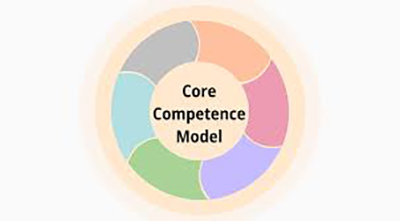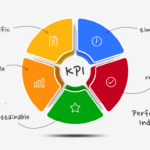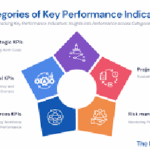A core competency refers to a strategic bundle of organizational resources that delivers above-average, long-term value to customers and forms the basis for a sustainable competitive advantage.
Origin and Theoretical Foundation
The concept of core competency is rooted in the resource-based view (RBV) of the firm, which emphasizes that competitive advantages arise from unique, organization-specific combinations of resources. These resource bundles are most effective when they meet the following criteria:
-
Heterogeneous and immobile
-
Rare and difficult to imitate
-
Non-substitutable
-
Perceived by customers as highly valuable
The idea was popularized by C.K. Prahalad and Gary Hamel in their 1990 work on core competencies, which highlighted the growing importance of intangible resources—such as knowledge, skills, and organizational culture—in driving business success.
Evolution: From Core Competency to Dynamic Capability
Building on the core competency framework, the Dynamic Capability Approach emphasizes the importance of adaptability and innovation in rapidly changing environments. According to this view, long-term competitive advantage depends not just on possessing core competencies, but on an organization’s ability to renew and reconfigure these resource combinations as conditions evolve (→ qualification).
As a result, corporate knowledge management and continuous innovation have become central to sustaining core competencies.
Modern Understanding
Today, the term core competency encompasses both:
-
The bundling of existing resources into strategic strengths
-
The ongoing renewal and evolution of those bundles to maintain relevance and value in dynamic markets
This integrated understanding ensures that core competencies are not static but are continuously developed and refined to meet future challenges.
« Back to Glossary Index





![15 Employee Offboarding Templates That Save Hours of HR Time [Free Downloads] 15 Employee Offboarding Templates That Save Hours of HR Time [Free Downloads]](https://i1.wp.com/www.hrcloud.com/hubfs/Header.png?w=150&resize=150,100&ssl=1)
